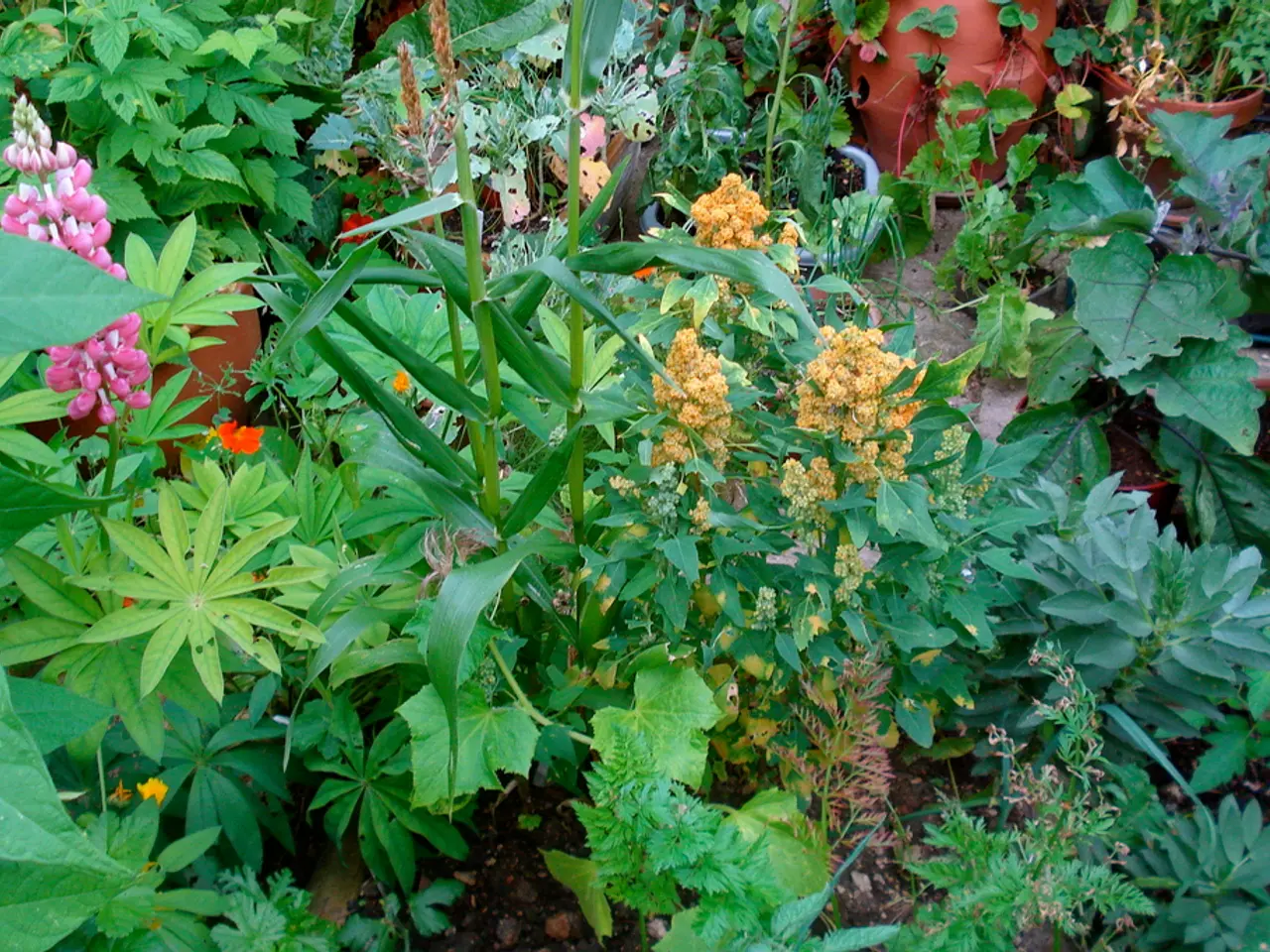Fertilizer Code: Meaning of 10-10-10
In the world of gardening, 10-10-10 fertilizer is a popular choice due to its balanced nutrient composition. This fertilizer provides equal percentages of Nitrogen (N), Phosphorus (P), and Potassium (K) by weight, making it an all-purpose option for various plants.
The benefits of using a 10-10-10 fertilizer are numerous. It promotes overall plant health, supporting root development, foliage growth, and fruiting. This makes it a versatile choice for gardens, especially fruit trees, and an easy option for maintaining soil nutrient balance.
However, like any gardening tool, 10-10-10 fertilizer comes with its drawbacks. One of the main concerns is that it may overlook specific nutrient imbalances or soil conditions. Over-reliance on a balanced fertilizer without soil testing might lead to nutrient imbalances or insufficient supplementation of micronutrients such as calcium, iron, or magnesium, which are essential for optimal plant growth.
Moreover, synthetic 10-10-10 fertilizers do not enhance soil microbial diversity or organic matter content as organic amendments do.
Here's a summary of the benefits and drawbacks of using a 10-10-10 fertilizer:
| Benefits | Drawbacks | |---------------------------------------------|-------------------------------------------| | Provides balanced N, P, and K for general use | May overlook specific nutrient imbalances | | Supports multiple plant types and stages | Does not supply micronutrients or organic matter | | Convenient for easy nutrient management | Synthetic form may not improve soil health long-term |
To get the most out of your 10-10-10 fertilizer, it's best to use it alongside organic materials or tailored supplements based on soil tests. This will help optimize plant growth and soil quality.
When using 10-10-10 fertilizer, it's important to remember a few best practices. For instance, the fertilizer should be applied early in the spring season before the buds emerge on fruit trees. Before applying, the soil should be watered thoroughly for easier absorption of nutrients. It's also crucial to wear protective gear, including gloves, safety goggles, and a mask, to avoid direct contact with the fertilizer.
It's not recommended to fertilize if there is rain forecasted, as rain can cause runoff and harmful chemicals can enter the water system. Additionally, a 10-10-10 fertilizer can seep into the ground and become a part of the water stream, potentially toxic to fish and invertebrates and causing algae blooms.
Despite these drawbacks, 10-10-10 fertilizer remains a popular choice for lawns, as it provides a high nitrogen percentage to support green grass growth. However, it's important to note that the all-purpose fertilizer is corrosive in nature and can damage lawn equipment, so it is important to wash equipment after use.
In conclusion, while 10-10-10 fertilizer offers a convenient, budget-friendly solution for maintaining soil nutrient balance, it's crucial to use it wisely and in conjunction with other organic materials or tailored supplements based on soil tests to ensure optimal plant growth and soil quality.
[1] Soil Testing Basics: Understanding Your Soil's Nutrient Needs. (n.d.). Retrieved from https://extension.umn.edu/soil-testing-basics-understanding-your-soil-s-nutrient-needs [2] Nutrient Management for Home Gardeners. (n.d.). Retrieved from https://extension.umd.edu/hgic/nutrient-management-home-gardeners [3] Organic Fertilizers vs. Inorganic Fertilizers. (n.d.). Retrieved from https://extension.umn.edu/soil-testing-basics-understanding-your-soil-s-nutrient-needs [4] The Importance of Soil Health. (n.d.). Retrieved from https://www.nrcs.usda.gov/wps/portal/nrcs/main/nrcs/soils/health/ [5] Soil Fertility: The Importance of Balanced Nutrients. (n.d.). Retrieved from https://extension.umd.edu/hgic/soil-fertility-importance-balanced-nutrients
Adopting a balanced approach to gardening can yield desirable results. Utilizing 10-10-10 fertilizer, which is popular in gardening and home-and-garden settings, in conjunction with organic materials or tailored supplements based on soil tests can optimize plant growth and enhance overall lifestyle, promoting a healthier and more vibrant home-and-garden environment. Over-reliance on a balanced fertilizer without proper testing might lead to unforeseen issues, such as nutrient imbalances or insufficient supplementation of essential micronutrients, potentially affecting both the garden's success and the lifestyle it supports.




